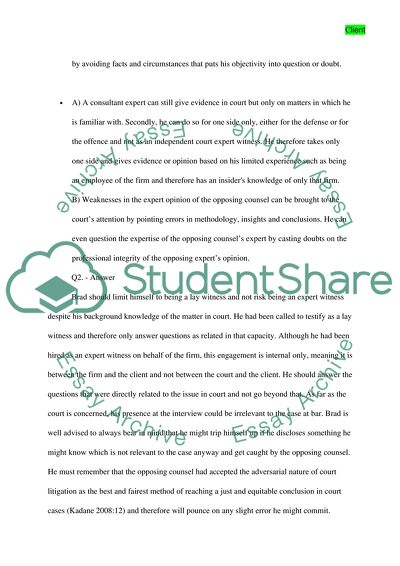Cite this document
(Financial Investigation and Forensic Accounting: Consultant Expert Assignment - 1, n.d.)
Financial Investigation and Forensic Accounting: Consultant Expert Assignment - 1. https://studentshare.org/law/1729061-exam
Financial Investigation and Forensic Accounting: Consultant Expert Assignment - 1. https://studentshare.org/law/1729061-exam
(Financial Investigation and Forensic Accounting: Consultant Expert Assignment - 1)
Financial Investigation and Forensic Accounting: Consultant Expert Assignment - 1. https://studentshare.org/law/1729061-exam.
Financial Investigation and Forensic Accounting: Consultant Expert Assignment - 1. https://studentshare.org/law/1729061-exam.
“Financial Investigation and Forensic Accounting: Consultant Expert Assignment - 1”. https://studentshare.org/law/1729061-exam.


